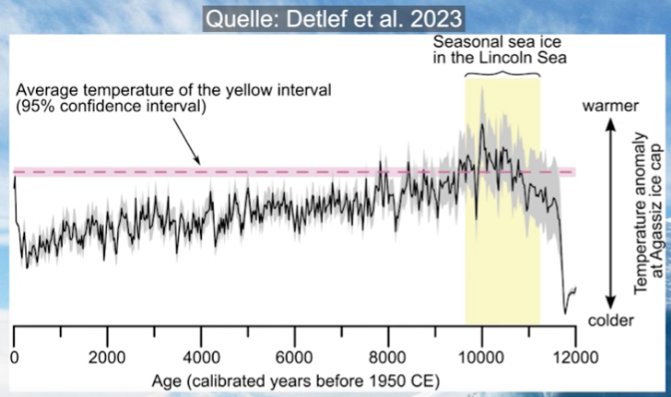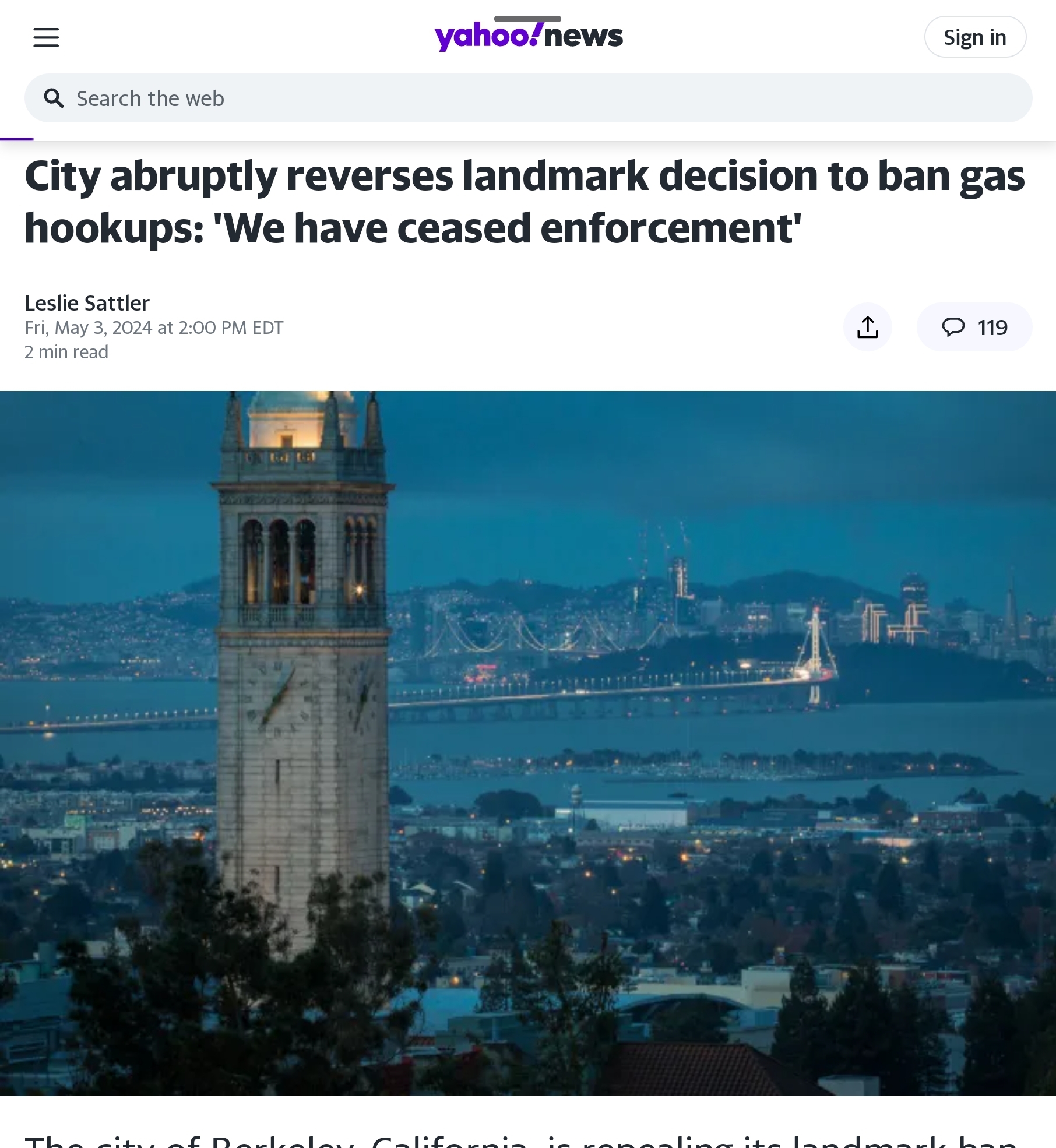By Holman W. Jenkins, Jr. – Sept. 1, 2023 5:27 pm ET
Excerpt: It was modestly funny when Hurricane Sandy, after it came ashore in 2012, had to be hurriedly renamed Superstorm Sandy (a title with no formal meteorological meaning) because it was no longer a hurricane.
Local politicians blabbed in the aftermath about climate change to help unlock Obama disaster aid, and also to duck questions about inadequate preparation. But the storm itself was no different from many that had battered the Northeastern seaboard for centuries. The difference was how many people and structures were in its path.
Nothing is funny in the aftermath of the Maui wildfire, which swept through a town and killed at least 115. But it’s noteworthy that Joe Biden refrained from his usual clamor about a climate crisis. He didn’t even mention the word climate in his speech when visiting the island.
Perhaps Mr. Biden’s off-key anecdote about a kitchen fire at his Delaware home was his ad-lib substitution. Whatever the reason, his aides apparently understood that climate talk would come across as criminal and cowardly in the face of the true causes of the Maui disaster.
High winds are a common occurrence. Dry conditions are a common occurrence. Invasive grasses taking over abandoned pineapple and sugar plantations were a known menace, complicated by unhelpful land-use policy.
Emergency sirens weren’t sounded. Water wasn’t available due to political squabbles over allocation rights. The local utility was instructed by Hawaii’s Legislature to meet ambitious renewables targets rather than spend on reducing fire risk. Firefighters reportedly left the scene early believing they had extinguished the initial blaze.
Maui itself is an island surrounded by the Pacific Ocean, with vagaries more immediate and potent than any caused by a 0.3% fluctuation in the planet’s long-term energy balance due to atmospheric CO2.
Blue-green algae gave us oxygen to breathe and yet we don’t blame blue-green algae for everything oxygen-breathing organisms do. Likewise, nothing very useful comes from trying to explain every weather-related misfortune in terms of human-caused carbon dioxide in the atmosphere.
Weather is a product of climate, we should specify; our climate is currently influenced by atmospheric CO2 of 419 parts per million.
But hurricanes, fires, floods and heat waves also occurred when the concentration was 280 parts per million, and tended to claim more lives than they do now. Whatever man’s role in climate change, whatever the merits of regulating CO2, making climate policy the answer to weather risks is a distraction and fraud on the public. Nearly one-third of all greenhouse gases have been released since Al Gore won his 2007 Nobel Peace Prize for a climate movie. These emissions have an estimated half-life in the atmosphere of 120 years. Your electric car isn’t going to change that.
By now, though, activists and lobbyists have a picture on the wall, blown up to five times life-size, of a certain type of voter willing to believe anything, even that Joe Biden’s pork-ridden Inflation Reduction Act meaningfully addresses a warming planet.
Meanwhile, a Nobel Prize laureate in physics who decries the “application of scientific disinformation for opportunistic purposes” can expect to be disinvited from giving a speech to the International Monetary Fund, as the 2022 laureate John Clauser recently was. His offending words, which are hard to dispute in the dictionary sense: “I believe that climate change is not a crisis” (emphasis added).
A crisis, after all, usually calls for concerted, immediate action. Why is it that nothing is ever seriously proposed or enacted, including Mr. Biden’s bag of handouts for “green” energy interests, that would actually have a detectable effect on weather and climate now or in the future?




